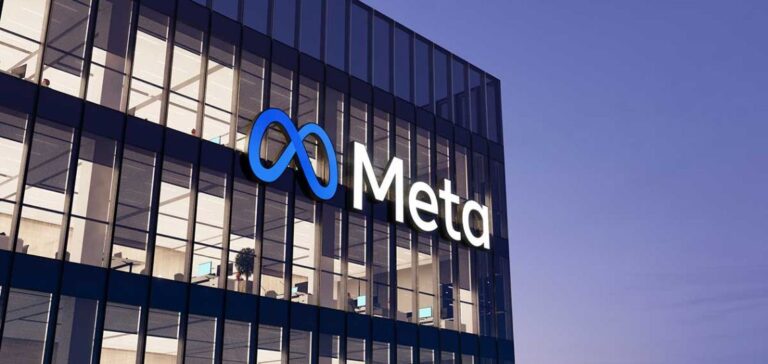Meta, the parent company of Facebook, Instagram, and WhatsApp, is turning to nuclear energy to address the ever-increasing energy needs of its digital infrastructure. The company has issued a call for proposals to collaborate with developers capable of delivering between 1 and 4 gigawatts (GW) of new nuclear capacity by the 2030s.
This initiative aims to support the massive energy demands of data centers, which are critical to the operation of digital platforms and the development of artificial intelligence (AI). Meta is prioritizing advanced technological solutions, such as small modular reactors (SMRs) and more traditional large-scale nuclear reactors.
An ambitious call for projects
Meta has announced its intention to collaborate with experienced partners who can manage the complex aspects of nuclear projects, including community engagement, regulatory processes, and on-site operations. Applications must be submitted by January 3, with initial proposals to be reviewed starting February 7.
A company spokesperson stated, “We are looking for developers capable of deploying large-scale solutions to ensure significant long-term savings and meet our growing energy requirements.” Meta is committed to working with its partners on multiple projects and sites to maximize the efficiency and impact of its investments in nuclear energy.
The tech giants’ nuclear shift
This initiative is part of a growing trend among major tech companies. Microsoft, Google, and Amazon have also turned to nuclear energy to secure their energy needs, due to its reliability and ability to provide consistent energy—a critical requirement for their large infrastructures.
Unlike renewable sources such as wind or solar, nuclear energy offers unmatched stability, essential for the continuous operation of data centers. With the rapid expansion of digital services and artificial intelligence, the need for reliable energy is only increasing.
A long-term strategy
Meta recognizes the challenges associated with nuclear energy development, including high initial costs, regulatory constraints, and extended timelines. However, these projects offer significant operational lifespans, making them a viable long-term solution to power its facilities.
Through this approach, Meta seeks to anticipate its growing energy needs while closely collaborating with the nuclear sector to bring this ambitious energy vision to fruition.






















